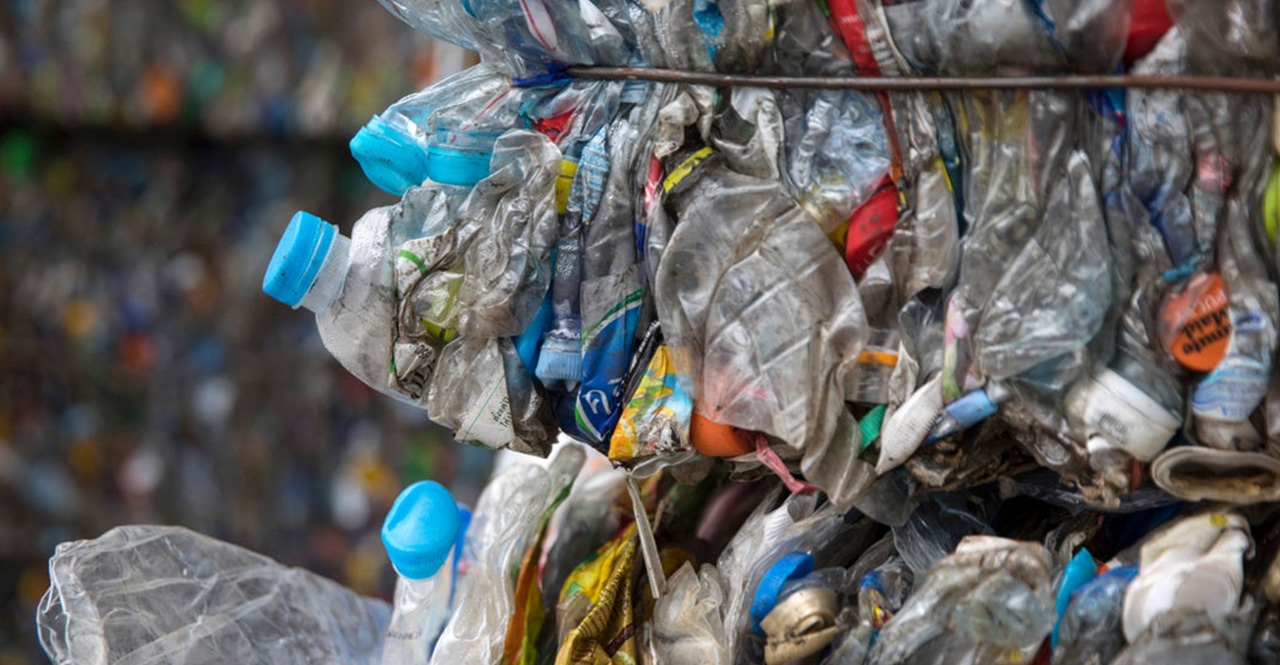Reclaim Waste Melbourne: Proven Techniques for Effective Liquid Waste Removal
Reclaim Waste Melbourne: Proven Techniques for Effective Liquid Waste Removal
Blog Article
Fostering Source Efficiency and Environmental Management Via Fluid Waste Removal Programs
In the realm of environmental stewardship, the administration of fluid waste stands as a critical point where resource efficiency and environmental management assemble. Fluid waste elimination programs play a pivotal role in guarding our ecosystems and ensuring sustainable development techniques. By meticulously addressing the disposal of liquid waste, industries and areas can not just reduce potential hazards however also unlock opportunities for recycling and repurposing useful sources. As we navigate the complexities of waste management in a swiftly advancing globe, the harmony in between innovative technologies, rigorous guidelines, and forward-thinking approaches becomes increasingly extremely important. With a lens of positive interaction and calculated insight, the landscape of liquid waste administration introduces a tapestry of obstacles and opportunities that beckon us to discover the course towards a greener and even more lasting future.
Significance of Liquid Waste Elimination
The importance of fluid waste elimination exists in its critical duty in protecting environmental health and wellness and guarding public well-being. Liquid waste, if not properly managed, can pose significant threats to ecosystems, water resources, and human wellness. Through effective removal procedures, harmful compounds such as chemicals, microorganisms, and contaminants are stopped from polluting the setting and causing destructive results.
Appropriate fluid waste elimination also aids in protecting against the spread of diseases and reducing the capacity for groundwater contamination. By safely disposing of liquid waste, the risk of waterborne ailments and pollution-related wellness issues is considerably reduced - Liquid waste removal. Additionally, effective removal practices add to preserving the general sanitation and aesthetics of communities, thereby improving the high quality of life for citizens
Furthermore, liquid waste removal plays a crucial function in sustaining sustainable advancement and guaranteeing conformity with environmental regulations. By sticking to appropriate waste administration services, procedures and markets can minimize their ecological impact and show company obligation. Ultimately, spending in robust liquid waste removal programs is necessary for promoting ecological stewardship and fostering a healthier, more secure future for all.

Benefits of Reliable Disposal
Reliable disposal of liquid waste not only safeguards ecological wellness and public well-being however also yields various benefits that prolong beyond prompt containment actions. One vital advantage of effective disposal is the reduction of contamination in water bodies and soil. By correctly taking care of liquid waste, the risk of contamination decreases, securing and preserving environments biodiversity. Furthermore, reliable disposal techniques add to resource preservation. Through procedures like reusing and energy recuperation, important resources can be drawn out from fluid waste, promoting sustainability and reducing the stress on raw materials. Furthermore, adopting effective disposal approaches can lead to cost financial savings for services and neighborhoods. By optimizing waste monitoring procedures, companies can improve operations, minimize disposal expenditures, and potentially generate revenue through the sale of recycled products. On the whole, the advantages of reliable liquid garbage disposal are multifaceted, incorporating environmental management, source effectiveness, and financial benefits.
Technologies for Waste Treatment
Utilizing sophisticated innovations for waste treatment plays an essential duty in making sure the effective management and secure disposal of liquid waste. One of the vital technologies employed in liquid waste therapy is site web organic treatment.
Furthermore, thermal therapy methods such as incineration can be employed for the total destruction of harmful elements in liquid waste. In general, the integration of diverse treatment modern technologies ensures extensive and ecologically pleasant administration of liquid waste.
Duty of Rules and Compliance
In the realm of fluid waste monitoring, adherence to governing structures and conformity criteria is extremely important for safeguarding ecological wellness and sustainability. Rules play a crucial duty in regulating the proper handling, treatment, and disposal of fluid waste to stop damage to environments and human health. By developing clear standards and criteria, regulative bodies guarantee that companies and people included in liquid waste administration run in an ecologically responsible fashion.
Compliance with these regulations is not only a lawful need but additionally an honest obligation to protect the atmosphere for future and existing generations. It involves applying finest methods in waste collection, disposal, transport, and therapy to decrease ecological influence and advertise resource effectiveness. Non-compliance can cause fines, you can find out more legal activity, and reputational damages for organizations, highlighting the significance of upholding regulatory requirements.

Future Fads in Waste Administration

An additional vital pattern in waste administration is the adoption of innovative data analytics and man-made intelligence to optimize waste collection paths, boost arranging procedures, and improve overall functional performance. These innovations allow waste administration business to make data-driven choices, resulting in set you back financial savings and environmental benefits.
In addition, there is an expanding emphasis on the development of webpage decentralized waste administration systems, such as onsite treatment centers and mobile waste processing units. These systems use adaptability and scalability, enabling more efficient waste handling in varied atmospheres.
Final Thought
To conclude, cultivating resource performance and environmental management with liquid waste removal programs is essential for lasting development. Reliable disposal techniques, progressed technologies for waste therapy, and rigorous guidelines play key roles in decreasing ecological effect. Looking in advance, constant innovation and renovation in waste management practices will certainly be crucial for attending to the growing obstacles of fluid garbage disposal.
In the realm of ecological stewardship, the administration of liquid waste stands as a critical point where source performance and environmental defense converge (Reclaim Waste liquid waste removal).Using sophisticated technologies for waste treatment plays an important function in ensuring the efficient management and secure disposal of liquid waste.In the realm of fluid waste administration, adherence to governing frameworks and compliance standards is vital for securing ecological health and sustainability.In verdict, fostering source performance and environmental defense through liquid waste elimination programs is important for sustainable growth. Looking ahead, continuous innovation and improvement in waste monitoring methods will be essential for attending to the expanding challenges of liquid waste disposal
Report this page